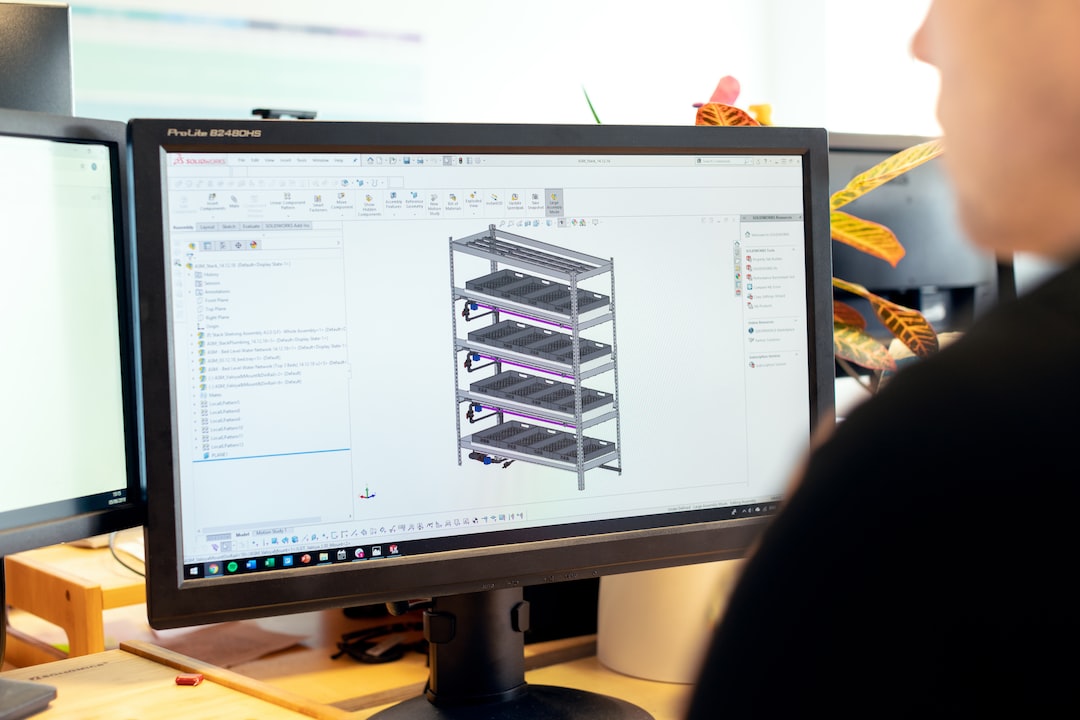Environmental Engineering Solutions for Climate Change Mitigation
Climate change is an escalating global issue that requires urgent attention and action. The consequences of widespread global warming are becoming increasingly evident, from rising sea levels and extreme weather events to loss of biodiversity and negative impacts on public health. However, there is hope in the form of environmental engineering solutions that can mitigate and adapt to these changing climate patterns. In this blog post, we will explore some of the innovative technologies and strategies employed by environmental engineers to address climate change.
One of the key areas where environmental engineering plays a crucial role is in renewable energy generation. Fossil fuels are the primary contributors to greenhouse gas emissions, which drive climate change. Environmental engineers are working towards optimizing and expanding renewable energy sources to reduce reliance on fossil fuels. Solar power, wind power, hydroelectricity, and geothermal energy are all viable alternatives that have the potential to significantly reduce greenhouse gas emissions and mitigate climate change. Moreover, advancements in energy storage and grid integration technologies are ensuring that these renewable sources can provide a reliable and consistent energy supply.
Another important aspect of climate change mitigation is the reduction of greenhouse gas emissions from various human activities. Environmental engineers are involved in developing and implementing cleaner industrial processes that minimize emissions and maximize energy efficiency. For example, they design and operate systems to capture carbon dioxide from power plants, preventing it from being released into the atmosphere. Additionally, engineers focus on improving the energy efficiency of buildings, vehicles, and appliances, as well as promoting sustainable urban planning and transportation systems.
Water resource management is another area where environmental engineers are utilizing their expertise to address climate change. With changing precipitation patterns and increased water scarcity in certain regions, it is imperative to develop sustainable solutions for water supply and management. Environmental engineers are implementing innovative water conservation techniques, such as rainwater harvesting, greywater recycling, and efficient irrigation systems, to reduce water consumption. They are also working on developing sustainable water treatment technologies to ensure access to clean drinking water and manage wastewater effectively, thereby minimizing environmental impacts.
In addition to renewable energy and water management, environmental engineers are also focusing on sustainable waste management strategies. Landfills are significant sources of greenhouse gas emissions, particularly methane, which is a potent greenhouse gas. Environmental engineers are working on developing advanced landfill gas capture and utilization systems to reduce methane emissions. They are also involved in promoting waste reduction through recycling and composting initiatives. By diverting waste from landfills and utilizing the resources efficiently, these engineers contribute to climate change mitigation efforts.
Climate change not only affects natural ecosystems but also poses risks to public health. Environmental engineers play a crucial role in addressing these health-related concerns by developing and implementing strategies to minimize exposure to climate-related hazards, such as extreme heat events, air pollution, and waterborne diseases. They work on designing and implementing climate-resilient infrastructure that can withstand the impacts of climate change and protect communities from extreme weather events. Furthermore, environmental engineers collaborate with public health professionals to develop early warning systems and implement measures to ensure the effective dissemination of information during climate-related emergencies.
In conclusion, environmental engineering solutions are vital in mitigating the impacts of climate change. From renewable energy generation to sustainable waste management and water resource management, environmental engineers are at the forefront of developing innovative technologies and strategies to combat climate change. Through their efforts, we can work towards a more sustainable future and ensure the well-being of current and future generations. It is crucial that governments, industries, and individuals support and invest in these solutions to tackle this global challenge effectively. Together, we can make a positive difference in mitigating climate change and creating a better world for all.

